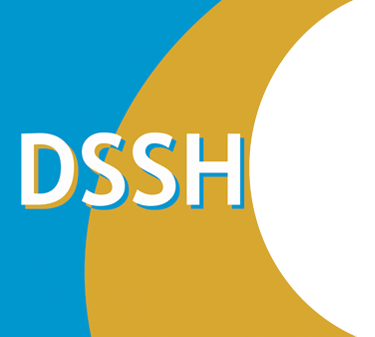The Case of “Miss Jacobs”: Adolescent Simulated Patients and the Quality of Their Role Playing, Feedback, and Personal Impact
Objective: Adolescents as standardized patients are relatively new in medical education. Studies have mostly explored the impact of role playing on adolescents trained to perform standardized patient roles for assessment purposes. No studies were found with regard to the quality of adolescents’ role playing. We evaluated the effects of performing…
Objective: Adolescents as standardized patients are relatively new in medical education. Studies have mostly explored the impact of role playing on adolescents trained to perform standardized patient roles for assessment purposes. No studies were found with regard to the quality of adolescents’ role playing. We evaluated the effects of performing a patient role on adolescents trained as simulated patients (SPs) for teaching purposes (in contrast to standardized patients) and evaluated the quality of adolescent SPs’ role playing and feedback. Methods: Nine young women, aged 16 to 18 years, were trained to portray roles of adolescents asking their general practitioner for an oral contraceptive. Three adolescent men were trained to portray roles of some of the girls’ boyfriends. Each role was developed in consultation with the individual adolescent and was largely based on her own personal experience. Students rated the quality of the adolescent SP’s role playing and feedback after each SP encounter on a previously validated questionnaire (the Maastricht Assessment of Simulated Patients). Both the adolescent SPs and faculty teachers both completed questionnaires on their experiences. Results: Three hundred forty-one students rated the quality of the SPs’ role playing and feedback with a mean score of 7.5 of 10. The faculty teachers were also generally positive about the role playing and feedback. Nevertheless, there were some concerns about the quality of the feedback. Adolescent SPs reported no negative effects because of their performance. Conclusion: Generally, students and teachers were satisfied with the quality of the role playing and feedback provided by the adolescent SPs. The adolescent SPs experienced no negative effects related to their performance, which confirms earlier findings among adolescent standardized patients.
Read more: http://journals.lww.com/simulationinhealthcare/Fulltext/2010/12000/The_Case_of__Miss_Jacobs___Adolescent_Simulated.1.aspx
Full online text available for DSSH members trough DSSH/SSH membership subscription




